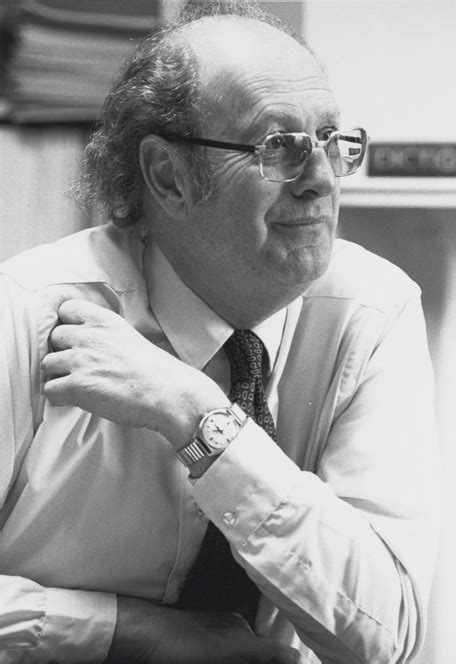A Quote by Luis Videgaray Caso
We don't believe trade deals are zero-sum games.
Related Quotes
What Donald Trump has been concerned about, what he`s talked about, is when we get deals that don`t level the playing field, when we get deals that aren`t the kinds of best deals we can get, we want good deals, and those are free trade deals to lower the barriers between trade between two countries.
Hillary Clinton's position on policy on markets and trade is very plain, which is we'll do trade deals but only if they meet three criteria, increase American jobs and wages and are they good for national security. If they are and if we can enforce them, then trade deals are okay. If not, we can't embrace them.
One problem with politics is that it is a zero sum game, i.e. politicians argue how to cut the pie smaller and smaller, by reshuffling pieces of the pie. I think this is destructive. Instead, we should be creating a bigger pie, i.e. funding the science that is the source of all our prosperity. Science is not a zero sum game.
On the political front, of course it's a zero-sum game. If it's all white males holding positions, you bring 10 women in, then it's, 'Women are coming!' Get 10 blacks and it's, 'Blacks are coming!' 'Hispanics are coming!' Zero-sum game. The seatmates might change but the chairs don't move. In the economy, the number of chairs can actually increase.
Trump sees the world in terms of a zero-sum game. In reality, globalisation, if well managed, is a positive-sum force: America gains if its friends and allies - whether Australia, the E.U., or Mexico - are stronger. But Trump's approach threatens to turn it into a negative-sum game: America will lose, too.
President Trump sees the world in transactional and zero-sum terms - if something is good for China, it must be bad for the U.S. By contrast, economists see the world in much more nuanced ways: if globalization is well-managed, it can be a positive-sum game, where both the U.S. and China gain; if it is badly managed, it can be negative-sum.





























